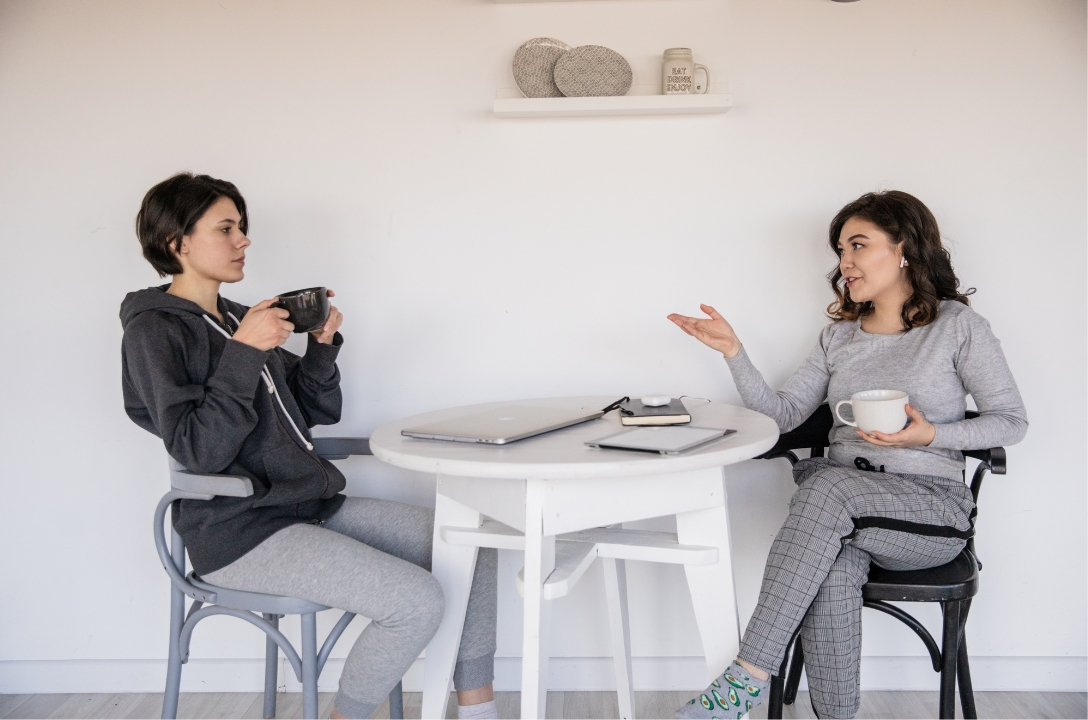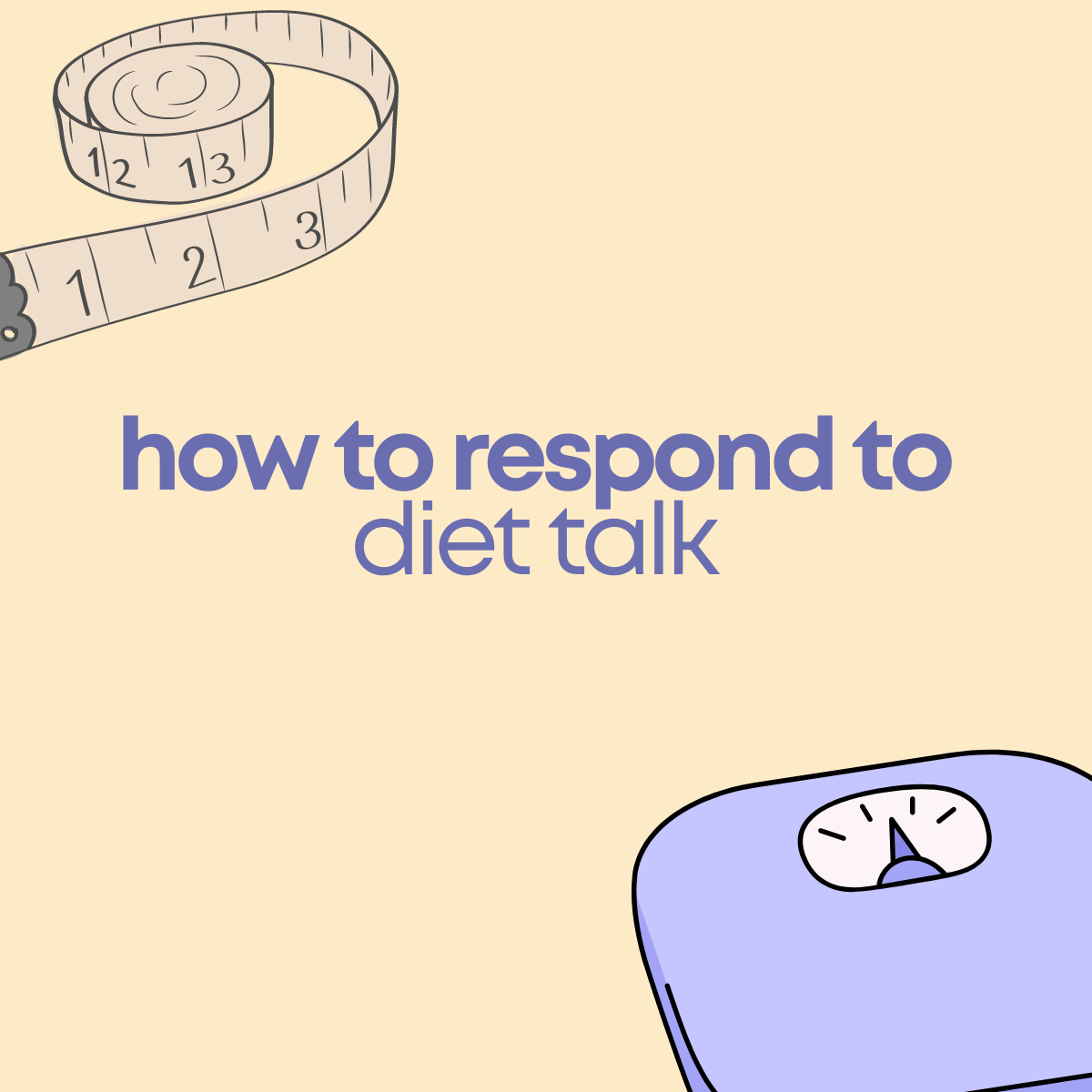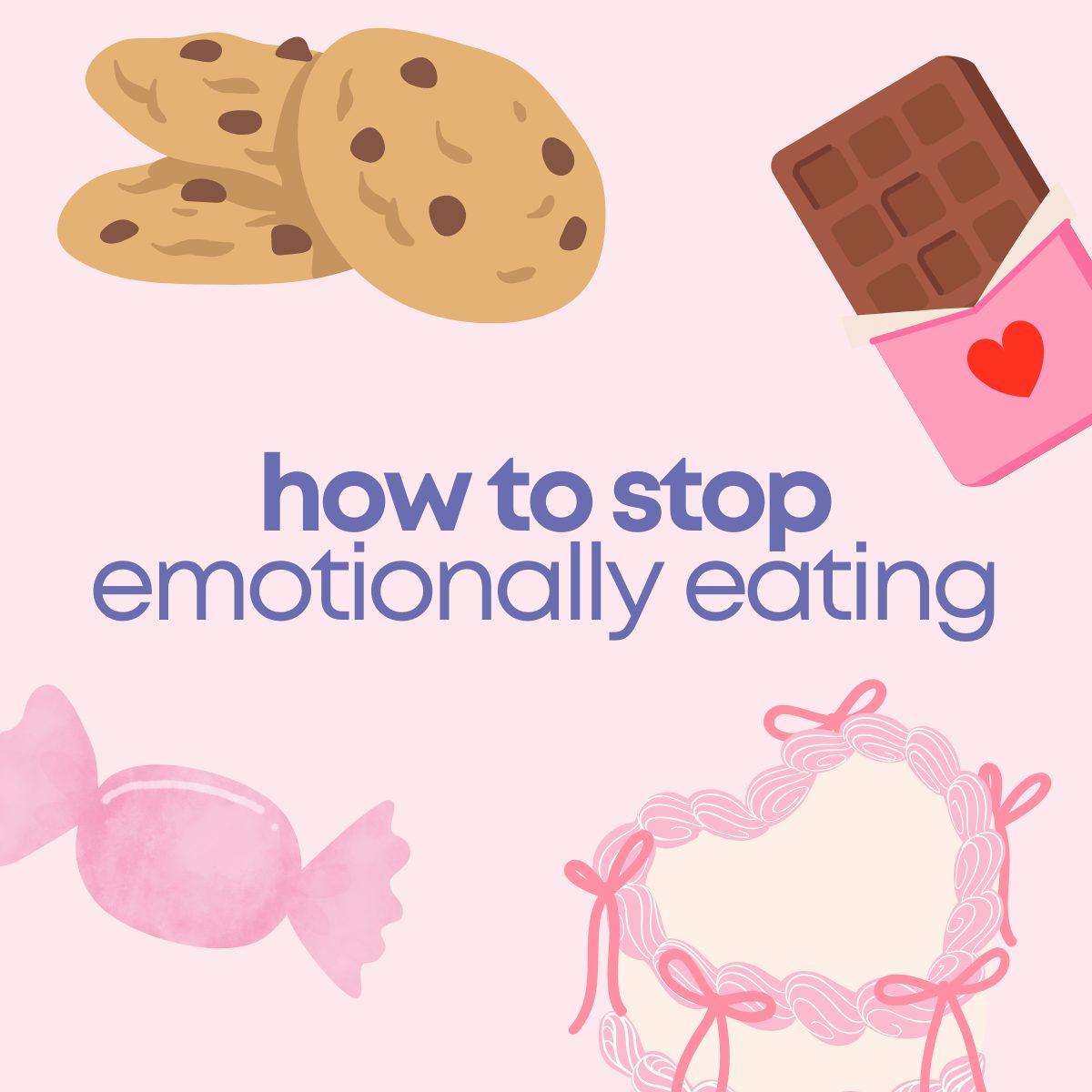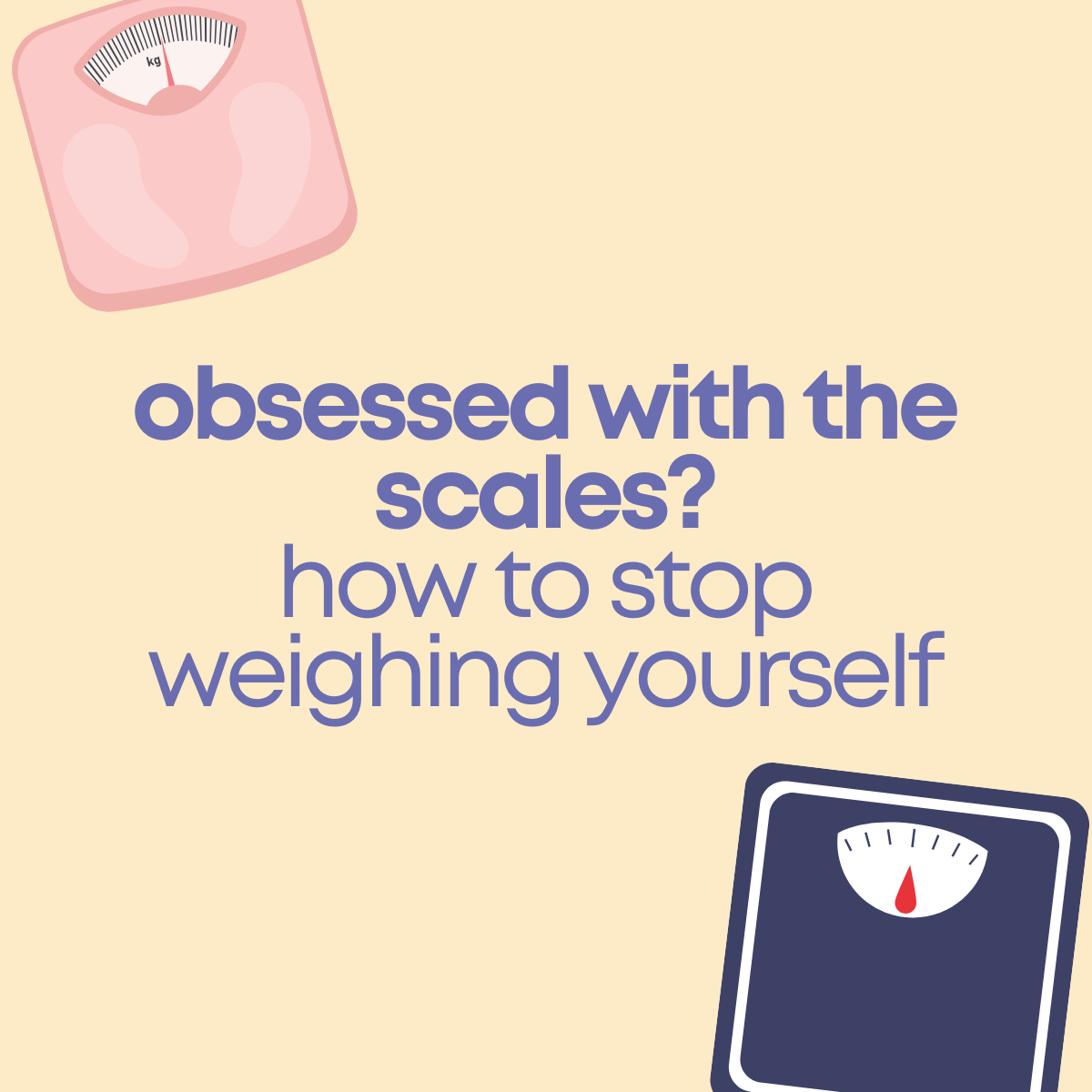Diet talk is simply what it sounds like – it includes talking about calories, specific diets or restricting calories or food groups. Diet talk is often related to changing body size or shape.
It innately causes people to label food as either “good” or “bad” – assigning morality to food. This can go on to affect the value people put on themselves, based on what they eat.
The negative effects of diet talk can begin as early as childhood and have been identified as a critical factor in influencing a child’s weight and thoughts around food and body.
Common examples of this include observing a parent’s diet-behaviours, direct weight-teasing or the encouragement to diet from family or peers (1, 2).
Beyond childhood, diet talk can be common across a variety of contexts, such as in the workplace or on social media.
Learning how to respond to unhelpful diet talk can therefore be essential in setting healthy boundaries with others to help improve your relationship with food and your body.
How Do I Set Boundaries Around Diet Talk?
Setting boundaries when it comes to diet talk is necessary, otherwise it can lead to poor body image, resentment and anger.
However, to do this, you need to consider what you can and can’t control.
For example, you can’t control others’ perceptions, but you can control how you see yourself and how you choose to react.
Understand that not everyone will be okay with your boundaries and that is okay. It doesn’t mean that your feelings are wrong. Sometimes conflict helps relationships in the long run by helping understand each other’s needs (3).
Here are some tips to setting boundaries:
- Be firm, don’t apologise
- Make time for yourself
- Know your limits and what you can tolerate. For example, what are you comfortable with at the current time?
- Apply your boundaries and stick with it, but don’t expect for everyone to catch on or understand at first
- Understand that you deserve empathy and compassion.

What To Do If Someone Makes An Unwanted Comment About Your Body?
In general, whenever someone asks questions or comments on your body, they are usually being thoughtless rather than being purposely unkind or malicious.
However, if someone does comment rudely it may be very tempting to be angry. This is understandable, but it is best to remember that responding in the same way is unlikely to help the situation or yourself.
You can go about responding to these comments in a few ways. For example, you could use body language such as giving the person a firm look can show them that you are not impressed.
You may feel safe enough to respond with a reply which allows them to understand that what they said was hurtful and unhelpful. For example, “Please do not comment on my appearance, I am working to improve my relationship with my body and I find that unhelpful”.
If the comment has really struck you, try to reassure yourself. For example, remind yourself that someone’s unkind comment is not a reflection of you or your worth.
If you feel overwhelmed or find that none of the above strategies have worked, it may be best to step away and remove yourself from the situation.
8 Ways To Respond To Diet Talk
It can be useful to have a few phrases up your sleeve in case you are in a position to respond to diet talk. Here are 8 examples of how you may redirect the conversation:
- “Can we please talk about something else?”
- “I’d rather not talk about weight or food.”
- “Thinking of foods as good or bad is really unhelpful for my relationship with food.”
- “I’m really trying to work on my relationship with food and body image. Could we talk about something else?”
- “I would really appreciate if you would not food-shame.”
- “Can we change topics? Those comments are making me feel uncomfortable.”
- “Conversations about diets or weight loss don’t make me feel great.”
- “I am learning to listen to my body and eat whatever I want, whenever I want, so can we please stop talking about this.”

What Do I Do If I Feel Triggered By Diet Talk?
If diet talk has triggered or upset you, here are some strategies that could help.
- Journaling. Allow yourself to write freely. Express how the situation affected you, and shift your focus towards gratitude towards your body
- Breathe. Get some fresh air, go for a walk, meditate. It will help you feel calm and allow you to process your thoughts and feelings
- Unfollow any social media accounts that promote diet culture and engage in diet talk.
- Reach out to a support person. Discuss how it made you feel, how you reacted, and how you may be able to better cope in future situations
View this post on Instagram
Summary
Diet talk can have a negative influence on our relationship with food and our body.
For many people, diet talk may seem like a typical topic of conversation. They may not understand the harm these conversations can cause.
Learning how to respond to diet talk can therefore be an essential component of setting boundaries with those around you. This is important in helping you create an environment where you can focus on improving your relationship with food and your body.
Article written by student dietitian Emma Ware-Maloney
Article reviewed by dietitian Jade Wrigley




Comments +